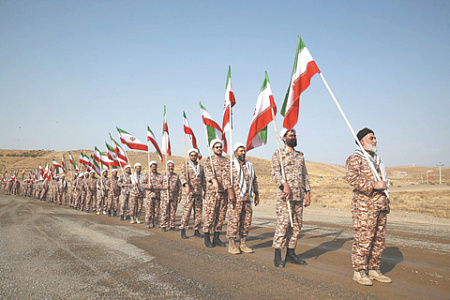
The future of the 2015 Iran nuclear deal is hanging by a thread as the United States reportedly ignores repeated requests from Tehran to resume negotiations. This diplomatic standoff comes as major European powers trigger a mechanism to reimpose sweeping United Nations sanctions, creating a united Western front aimed at applying comprehensive pressure on the Islamic Republic amid escalating regional tensions.
According to a report by Iran International, an opposition satellite channel, Tehran’s leadership has reached out to the Trump administration at least 15 times to restart a dialogue that was halted following a recent 12-day conflict with Israel. Iranian officials are reportedly desperate to avert the “snapback” of sanctions, which were lifted under the 2015 accord. However, Washington has deliberately ignored these overtures, signaling a potential preference for further escalation over dialogue.
In a decisive move, the “E3” nations of France, Germany, and the United Kingdom formally notified the UN Security Council of Iran’s “significant non-compliance” with its commitments. This initiated a 30-day process that will automatically restore international sanctions. While European diplomats have stressed that this window allows for a final diplomatic effort, Tehran has condemned the action as a “provocative and unjustified escalation” and has promised a “proportionate” response.
The return of UN sanctions would target Iran’s critical financial, banking, energy, and defense industries. The potential economic fallout is so severe that Iran’s own Intelligence Ministry has reportedly warned the government of a possible “social explosion,” fearing a repeat of the massive anti-government protests that rocked the country in 2022-2023. The pressure could intensify further, with France suggesting that separate European Union sanctions could also be reinstated.
While Iranian officials publicly state their commitment to finding a diplomatic path forward, the risk of a wider conflict is growing. Iran’s Islamic Revolutionary Guard Corps (IRGC) recently vowed to “expand the front of resistance” following the assassination of a Houthi-allied official by Israel. As Tehran asserts its defensive capabilities are stronger than ever, the international community watches nervously, caught between a fading hope for diplomacy and the rising probability of a military confrontation.
